Skills Development Coordination Practices (SDF)
Course Purpose Unlock the power of effective coordination with our Skills Development Coordination Practices (SDF) eLearning course. Learn essential strategies and techniques to streamline skill development initiatives, foster collaboration, and optimize resources for maximum impact. Gain insights into best practices, …
Overview
Course Purpose
Unlock the power of effective coordination with our Skills Development Coordination Practices (SDF) eLearning course. Learn essential strategies and techniques to streamline skill development initiatives, foster collaboration, and optimize resources for maximum impact. Gain insights into best practices, case studies, and practical tools to become a proficient skills development coordinator in any professional setting.
What you’ll learn
Embark on a comprehensive journey to master the art of Skills Development Coordination through our immersive eLearning course, meticulously crafted to empower you with the knowledge, strategies, and practical skills necessary to excel in this pivotal role. In today’s dynamic and competitive landscape, effective coordination of skill development initiatives is paramount for organizational success. Our course delves deep into the intricacies of coordinating diverse skill development programs, from identifying needs and setting objectives to designing tailored interventions and measuring outcomes. Throughout this extensive learning experience, participants will explore a rich tapestry of topics, including stakeholder engagement, resource allocation, project management methodologies, and leveraging technology for enhanced coordination efficiency. Drawing from real-world case studies, best practices, and expert insights, learners will gain a holistic understanding of the challenges and opportunities inherent in skills development coordination across various sectors and industries. Interactive modules, engaging multimedia content, and practical exercises ensure an immersive and dynamic learning environment, allowing participants to apply theoretical concepts to real-world scenarios effectively. By the course’s conclusion, participants will emerge equipped with a robust toolkit of coordination practices, communication strategies, and evaluation techniques, empowering them to navigate the complexities of skills development coordination with confidence and proficiency. Whether you’re a seasoned professional seeking to refine your coordination skills or an aspiring coordinator looking to make a meaningful impact in the field of skills development, this course provides the comprehensive foundation and practical guidance needed to excel in this critical role. Join us on this transformative learning journey and unlock your potential as a skilled and strategic coordinator of talent development initiatives.

Duration: 1 Day
Featured Course
Fundamentals of reading, analysing, and responding to texts

Course Curriculum
Curriculum
Curriculum
- 6 Sections
- 89 Lessons
- 3 Days
- Unit 1: Background of the Education and Training System in South AfricaASSESSMENT CRITERIA2
- Unit 2: Legislative Framework of Skills Development within South AfricaASSESSMENT CRITERIA19
- 1.1The National Qualification Framework Act, 67 of 2008 (NQF) Part 1.
- 1.2The National Qualification Framework Act, 67 of 2008 (NQF) Part 2.
- 1.3The National Qualification Framework Act, 67 of 2008 (NQF) Part 3.
- 1.4What is a unit standard?
- 1.5What is a qualification?
- 1.6Developmental changes within the NQF framework (2010/2011).
- 1.7Organising framework for occupations part 1.
- 1.8Organising framework for occupations part 2.
- 1.9Organising framework for occupations part 3.
- 1.10Occupational qualifications part 1.
- 1.11Occupational qualifications part 2.
- 1.12The National Learners Records Database (NLRD) Part 1.
- 1.13The National Learners Records Database (NLRD) Part 2.
- 1.14The Skills Development Act, 97 of 1998 Part 1.
- 1.15The Skills Development Act, 97 of 1998 Part 2.
- 1.16Sector Education and Training Authority (SETA) Part 1.
- 1.17Sector Education and Training Authority (SETA) Part 2.
- 1.18Skills Development Levies Act, 9 of 1999.
- 1.19Workplace Skills Plan. 20. Sector Skills Plan.
- Unit 3: Outcomes-based Education and the Skills Development FacilitatorASSESSMENT CRITERIA16
- 1.1Outcomes-based education part 1.
- 1.2Outcomes-based education part 2.
- 1.3Outcomes-based education part 3.
- 1.4Outcomes-based education part 4.
- 1.5The Skills Development Facilitator (SDF) in the organisation.
- 1.6The Function of the SDF.
- 1.7The workplace skills plan and the SDF
- 1.8Understanding the grants system.
- 1.9Linking the skills developer facilitator to the human resource system part 1.
- 1.10The skills developer facilitator to the human resource system part 2.
- 1.11The SDF and legislation.
- 1.12Skills Development Levies Act, 9 of 1999, as amended.
- 1.13The SDF and the SETA 83.
- 1.14The contour of the SDF Part 1 84.
- 1.15The contour of the SDF Part 2 86.
- 1.16Advisory function of the SDF.
- Unit 4: Developing the Workplace Skills PlanASSESSMENT CRITERIA27
- 1.1Introduction.
- 1.2Developing a work place skills plan.
- 1.3Step 7 – Implementation of the WSP.
- 1.4Practical Approach to the WSP Part 1
- 1.5Practical Approach to the WSP Part 2
- 1.6Practical Approach to the WSP Part 3
- 1.7Practical Approach to the WSP Part 4.
- 1.8Practical Approach to the WSP Part 5.
- 1.9Practical Approach to the WSP Part 6.
- 1.10Practical Approach to the WSP Part 7.
- 1.11Practical Approach to the WSP Part 8.
- 1.12Practical Approach to the WSP Part 9.
- 1.13Practical Approach to the WSP Part 10.
- 1.14Practical Approach to the WSP Part 11.
- 1.15Practical Approach to the WSP Part 12.
- 1.16Role and function of other role players in the skills development process.
- 1.17Completing and submitting the documentation.
- 1.18Promoting a learning culture within the organisation.
- 1.19The implementation and administration of the WSP and the Planned Learning Interventions Part 1.
- 1.20The implementation and administration of the WSP and the Planned Learning Interventions Part 2.
- 1.21The implementation and administration of the WSP and the Planned Learning Interventions Part 3.
- 1.22Additional Reading – Articles, extract from subject matter experts. 23. Skills Audit 145.
- 1.23Needs Analysis.
- 1.24Conducting an ETD Need Analysis – Purpose of ETD analysis Part 1.
- 1.25Conducting an ETD Need Analysis – Purpose of ETD analysis Part 2.
- 1.26Implementing learnerships.
- 1.27Managing learnerships
- Unit 5: Quality AssuranceASSESSMENT CRITERIA24
- 1.1Quality assurance in SDF practices.
- 1.2Reviewing and reporting on training interventions.
- 1.3The Annual Training Report (ATR).
- 1.4Completion of the ATR.
- 1.5Evaluation and the NQF within SDF Practices.
- 1.6Overview of quality assurance within ETD practices.
- 1.7Saqa understanding of “quality”.
- 1.8Moderation 177
- 1.9Quality Management System (QMS)
- 1.10Etd quality control and reporting.
- 1.11Quality Models.
- 1.12Establishing a quality assurance / quality management system within the organisation.
- 1.13Practical approach: Designing and establishing a quality management system.
- 1.14SAQA Requirements.
- 1.15What is a Quality Management System?.
- 1.16Management Commitment.
- 1.17Business systems.
- 1.18Template headings.
- 1.19Rpl policy and procedure.
- 1.20Monitoring and evaluating the QMS.
- 1.21Components of the quality manual.
- 1.22Evaluate the implementation of a QMS.
- 1.23Evaluate the implementation: Questionnaires and interviews part 1.
- 1.24Evaluate the implementation: Questionnaires and interviews part 2
- Unit 6: Terminology Terms and Acronyms1
Requirements
- Grade 10






